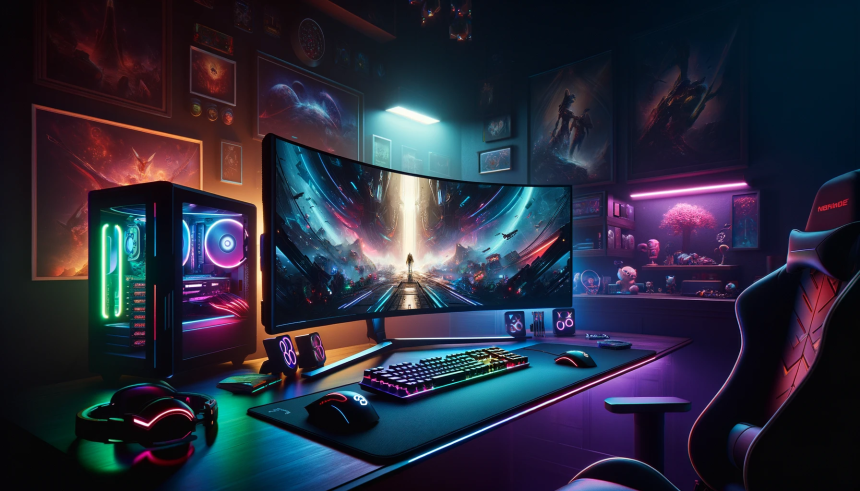Unity Technologies faces a pivotal moment as it navigates recent controversies involving its former CEO’s contentious remarks and policy changes. In an effort to regain the support of the gaming community, the company has appointed Matt Bromberg as the new CEO. Bromberg brings a fresh perspective to Unity, focusing on enhancing relationships with developers and steering the company towards sustainable growth. His leadership comes at a time when Unity is reassessing its business strategies and technological directions.
Previously, Unity struggled with strained relationships with its developer base due to unpopular policies and public statements by leadership. The appointment of Matt Bromberg indicates a strategic move to mend these ties and prioritize developer needs. This shift contrasts with the earlier approach under John Riccitiello, where decisions like the proposed runtime fees led to widespread backlash and loss of trust among game creators using Unity’s platform.
New Leadership and Strategic Direction
“You can’t have a business where we’re fighting our customers. That’s insane,”
said Matt Bromberg, emphasizing the importance of positive relationships with developers. Under his leadership, Unity plans to implement more developer-friendly policies and rebuild its reputation in the gaming industry. Bromberg’s approach focuses on listening to the community and addressing past grievances to foster a more collaborative environment.
Stance on the Metaverse and Gaming Trends
When questioned about the metaverse, Bromberg expressed skepticism regarding its current state.
“I was never a massive believer in the metaverse during that period of time,”
he stated, critiquing existing platforms as unsustainable for long-term consumer engagement. Instead, he highlighted the success of live service platforms like Roblox and Fortnite, which maintain large, active user bases over extended periods. Bromberg views these platforms as more viable examples of ongoing gaming success compared to broader metaverse initiatives.
Future of Augmented Reality and Consumer Devices
Addressing the potential of augmented reality, Bromberg remains optimistic about its integration into everyday life.
“I have no doubt that a couple of years from now everybody’s going to be wearing AR glasses,”
he declared, citing advancements in AI and voice technology that enhance user interactions. Bromberg anticipates that as AR devices become more user-friendly and battery-efficient, their adoption will grow significantly, transforming how consumers interact with digital information and services.
Unity’s strategic pivot under Matt Bromberg signals a dedication to repairing its rapport with the developer community and adapting to evolving technological landscapes. By moving away from contentious policies and expressing a clear vision for the future, Unity aims to solidify its position as a leading game development platform. The emphasis on live service platforms and augmented reality suggests that Unity will continue to innovate in areas that align with current gaming trends and consumer technologies, potentially offering developers new tools and opportunities to create engaging and lasting experiences. This approach not only seeks to regain trust but also positions Unity to meet the demands of both developers and the broader market.








